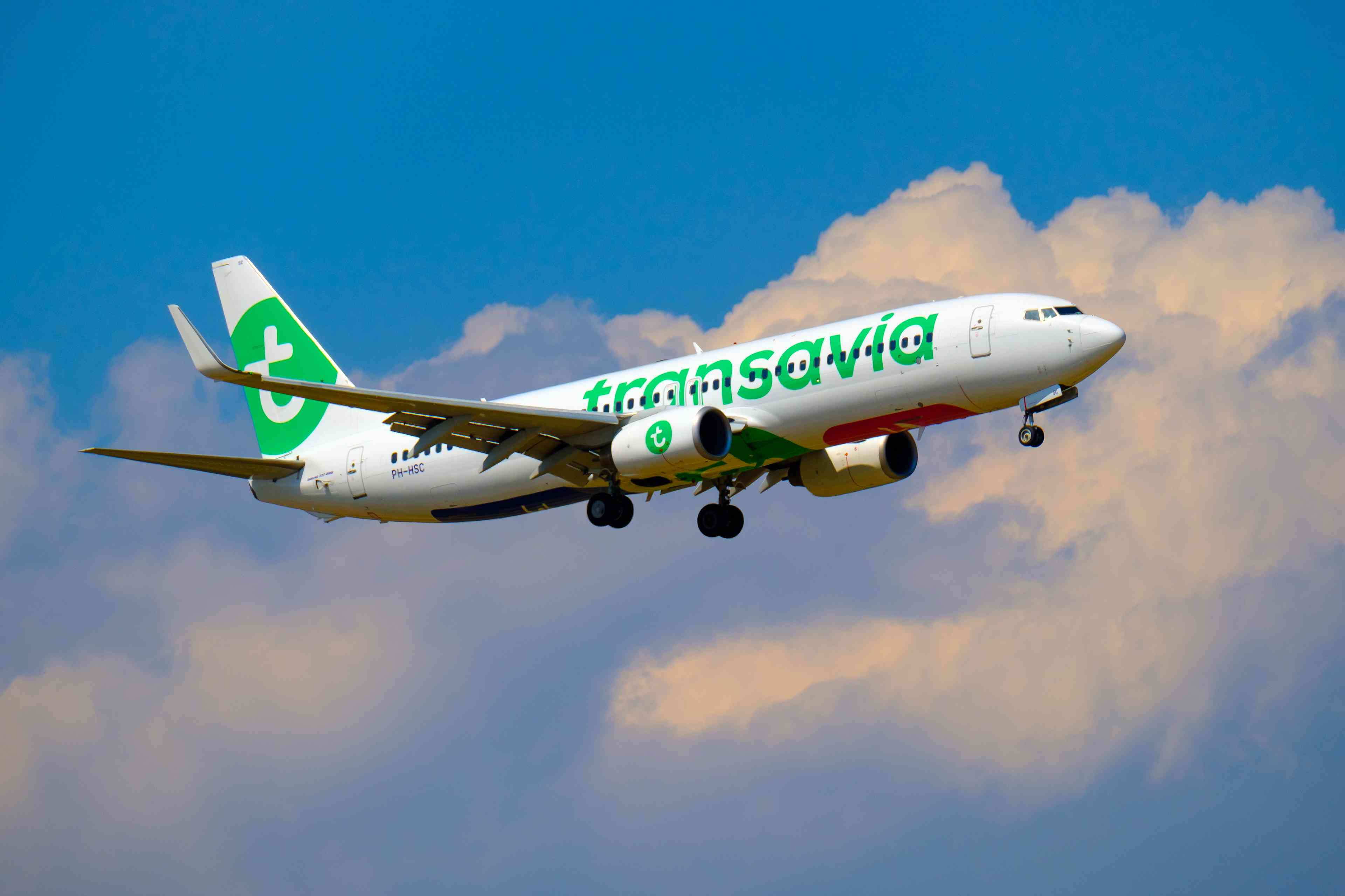Israel-Gaza War, Airlines, Amsterdam
Transavia announces it has canceled all Amsterdam-Tel Aviv in both directions
Airlines adjust operations to Israel as tensions simmer.


In a significant shift in air travel to and from Israel, several major airlines are adjusting their operations in response to the ongoing regional tensions. These changes are impacting thousands of travelers and reshaping the landscape of international flights to Tel Aviv's Ben Gurion Airport.
Transavia, the French-Dutch airline, has taken the drastic step of canceling all its flights between Amsterdam and Tel Aviv in both directions, as reported by Israel HaYom. This decision affects thousands of Israeli travelers who had purchased tickets for summer travel.
On a more positive note, Delta Air Lines has resumed its service to Israel after a months-long suspension following the events of October 7. The American carrier now operates a daily direct flight between New York's JFK Airport and Tel Aviv, providing a crucial link between Israel and the United States.
During the height of the conflict, Israeli carriers El Al, Arkia, and Israir maintained operations, almost single-handedly keeping Israel connected to the world by air. The gradual return of international carriers has been slow, with only 45 out of the previous 130 foreign airlines operating to Israel as of early June.
Budget airline easyJet has taken a longer-term approach, suspending its Israel flights until fall 2024.
Despite these challenges, there are signs of recovery in Israel's aviation sector. Ben Gurion Airport's Terminal 1 reopened on June 1 for both domestic and international flights. Airport authorities expect about 1,200 flights and 200,000 passengers to pass through this terminal monthly in the coming period.
Several airlines, including El Al, Arkia, Israir, Wizz Air, Ryanair, and Air Zena, are planning to operate from Terminal 1, indicating a gradual return to normalcy in air travel to and from Israel.
As the situation continues to evolve, travelers are advised to stay in close contact with their airlines and monitor any changes to their flight schedules.
Join our newsletter to receive updates on new articles and exclusive content.
We respect your privacy and will never share your information.
Stay Connected With Us
Follow our social channels for breaking news, exclusive content, and real-time updates.
WhatsApp Updates
Join our news group
Follow on X (Twitter)
@JFeedIsraelNews
Follow on Instagram
@jfeednews
Never miss a story - follow us on your preferred platform!